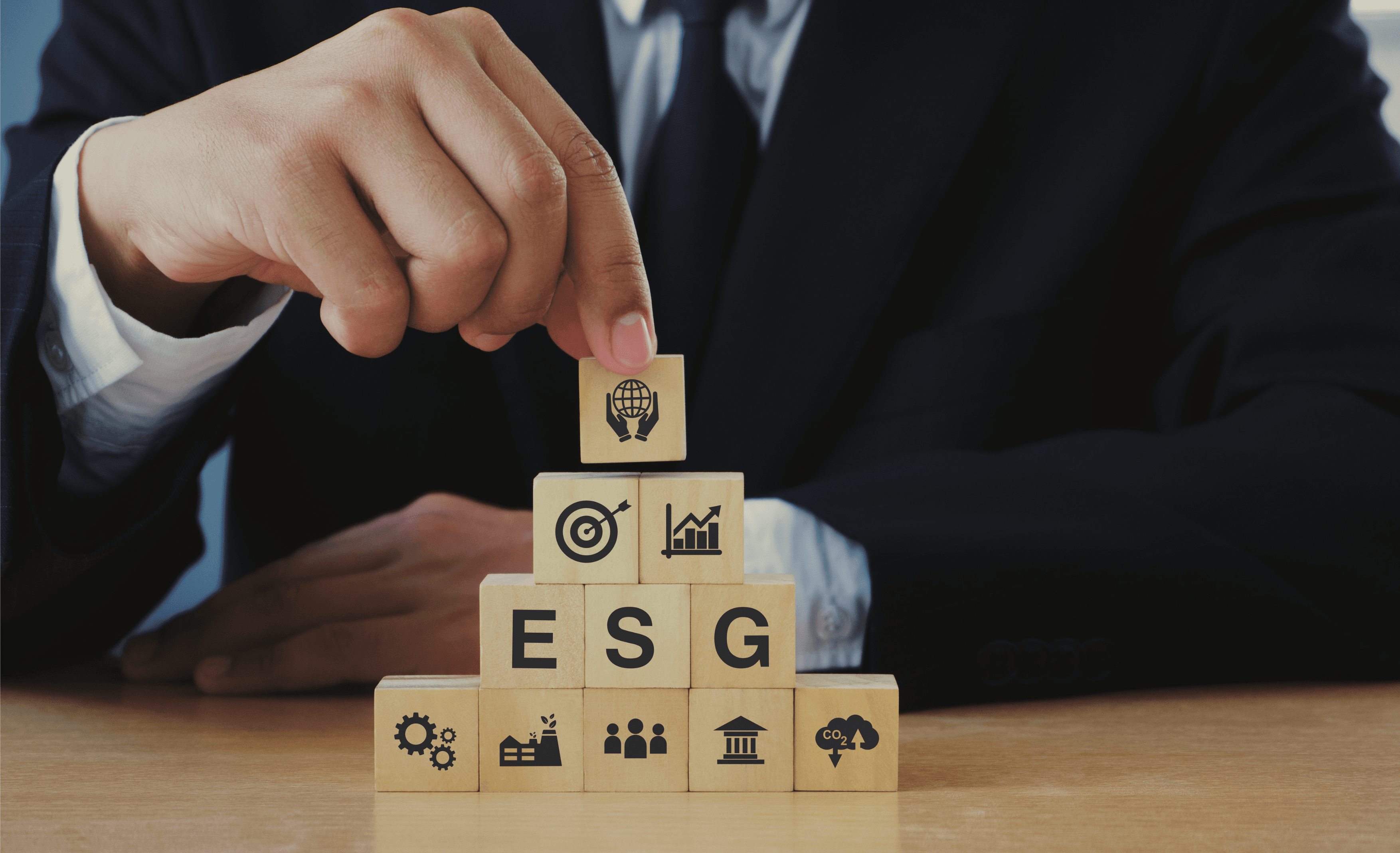Future-proof your career with a sustainability-focused Executive MBA
European legislation mandates transparency in sustainability efforts by 2025, requiring businesses to embed ESG strategies across all operations

By Kerstin Fehre
Professor of Strategy
Sustainability is becoming a key pillar of business. It’s challenging, multi-faceted – and it affects all areas of an organisation. And with recent European legislation, companies are going to have to be more open than ever before about the actions they’re taking to become more sustainable.
Therefore, it is vital for any Business owner, manager, and aspiring executive to be knowledgeable about how sustainability is embedded into company strategy development and execution across the different business functions.
All our Executive MBA programmes cover sustainability and ESG. However, by choosing among our different formats, our participants have the opportunity to decide how deeply they want sustainability to be covered in their MBA programme. Our Global Executive MBA (blended format), Executive MBA (in-person), Online Executive MBA (100% online) cover the topic during one focused course as part of their core curriculum.
Businesses that meet certain criteria will, from 2025, share their sustainability goals and the progress they’re making against them.
To be able to do all of this means having an embedded Environmental, Social and Governance (ESG) strategy. But how, exactly, should companies make this happen?

Top-down or inside-out?
Having an ESG strategy is no longer optional – but how do you go about doing it? Do you hire consultants to come in and steer the ship? Or do you engage your teams at all levels to identify opportunities, own activities – and drive the shift in working practice throughout your organisation?
The most effect strategies are those that change colleagues’ mindsets and behaviours – and that impact behaviour at every level of a business.
This is because sustainability isn’t a switch you can simply flick on. Instead, it comes about through concerted effort and collaboration. And for business leaders, this means engaging each business unit – and empowering and motivating the whole organisation to work towards the same goals.
In other words, successfully embedding ESG strategy means thinking of it as change management.
Motivating teams is key
Marc Bosmans is the sustainability director at Knauf Installation. He drives the organisation in a sustainable direction and reports on all sustainable initiatives. He’s also a Vlerick alumnus.
He believes the crucial first step is to ensure all teams and colleagues are aligned towards the same goals.
He says: “I strongly believe that sustainability values need to come from within a company to enact change. It may be slower to do than hiring an army of consultants or pushing down from the top, but in the long run it’s more effective.”
And Knauf Installation do just this. Using an inside-out approach, Marc is working with senior leadership teams across the organisation. Together, they are rolling out training and workshops to increase awareness – and drive positive impact.
“We want to bring people slightly out of their comfort zone so they understand the urgency of combating climate change, learn to talk about the issues – and become the driver for change themselves,” says Marc.
So how do you learn to do this?
Marc teaches sustainability practices on our Global Executive MBA (GEMBA) programme. The GEMBA programme teaches participants all the core MBA topics, including finance, marketing, strategy and more, but through a uniquely European sustainability lens.
Participants on the GEMBA take part in immersive trips to business hubs across Europe. They explore sustainable finance in Paris, sustainable supply chains in Zaragoza, purposeful and resilient organisations in Copenhagen and innovative and sustainable venturing in Dublin. And they also explore our home of Belgium, learning about business and its role in society in Brussels, and EU horizons in Ghent.
Learn to adapt your strategy
And the GEMBA curriculum doesn’t end there. Participants also learn to adapt – a critical skill for sustainable business leaders.
Professor Kerstin Fehre teaches strategy on the GEMBA programme. She believes that, whilst challenging, businesses shifting to an ESG focus can open up new opportunities.
She says: “Some companies build barriers against the threat of the climate crisis, whereas others turn it into an opportunity.”
Kerstin challenges participants to find ways their company can enact change. “But businesses can also tap into opportunities to make a positive impact,” she says.
A project on her course faced participants with the issue of water scarcity – and tasked them with finding ways their organisation could make a positive difference.
She says: “People who worked in organisations like software companies and accounting firms did not initially believe they could make a difference. But by the end of the class, we were all blown away by the solutions we had come up with.”
It’s time to learn how to implement ESG
Want to learn how to drive change in your organisation? Talk to us about our GEMBA programme.
Get in touch!

Sihame Ghaddab
MBA Recruitment Manager – (Global) Executive and Online MBA
